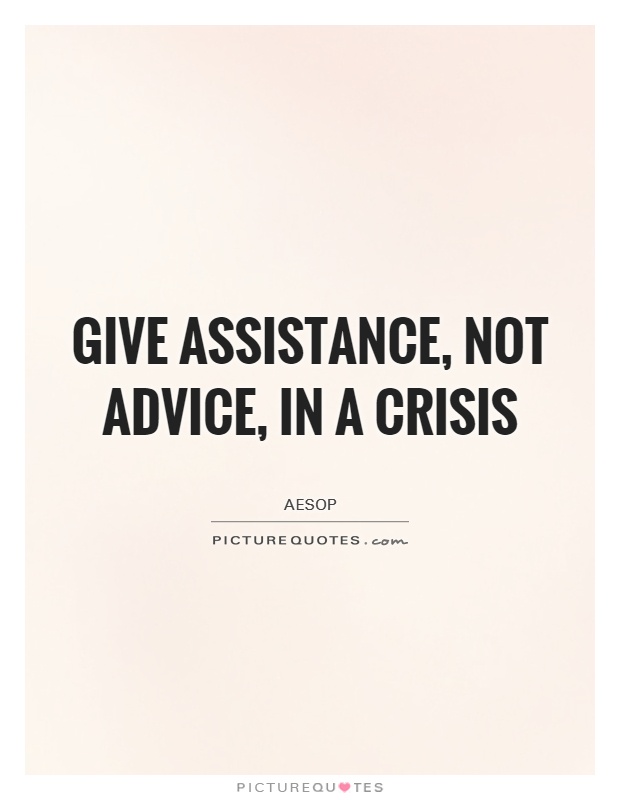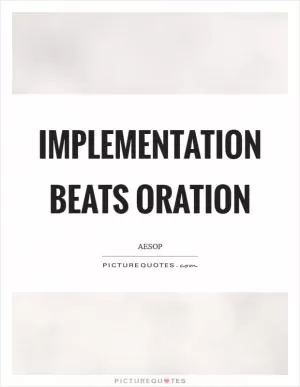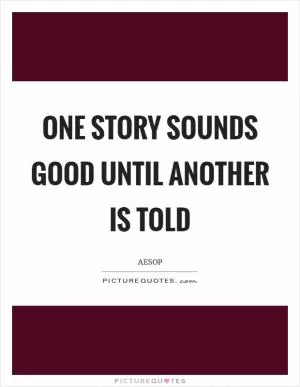Give assistance, not advice, in a crisis

Give assistance, not advice, in a crisis
In the world of Aesop's fables, there are countless stories that teach valuable lessons about life, morality, and human nature. One such lesson that is often emphasized in these fables is the importance of giving assistance, rather than simply offering advice, in times of crisis.One of the most well-known fables that illustrates this lesson is "The Lion and the Mouse." In this story, a tiny mouse inadvertently wakes up a sleeping lion, who then captures the mouse in his paw. The mouse begs for mercy and promises to repay the lion's kindness if he is set free. The lion, amused by the mouse's audacity, decides to release him. Later, when the lion is caught in a hunter's net, the mouse comes to his rescue by gnawing through the ropes and setting him free. The moral of the story is clear: even the smallest creature can be of help in times of need.
This fable highlights the importance of offering practical assistance, rather than just giving advice, when someone is in a crisis. In the story, the mouse's actions speak louder than words. Instead of simply offering empty promises or well-meaning advice, the mouse takes action to help the lion in a tangible way. This serves as a powerful reminder that actions speak louder than words, especially in times of crisis.
Another fable that emphasizes the importance of giving assistance in a crisis is "The Ant and the Grasshopper." In this story, the grasshopper spends the summer singing and dancing, while the ant works diligently to store food for the winter. When winter comes, the grasshopper finds himself hungry and cold, while the ant is warm and well-fed. The ant offers to share his food with the grasshopper, teaching him a valuable lesson about the importance of hard work and preparation.












 Friendship Quotes
Friendship Quotes Love Quotes
Love Quotes Life Quotes
Life Quotes Funny Quotes
Funny Quotes Motivational Quotes
Motivational Quotes Inspirational Quotes
Inspirational Quotes